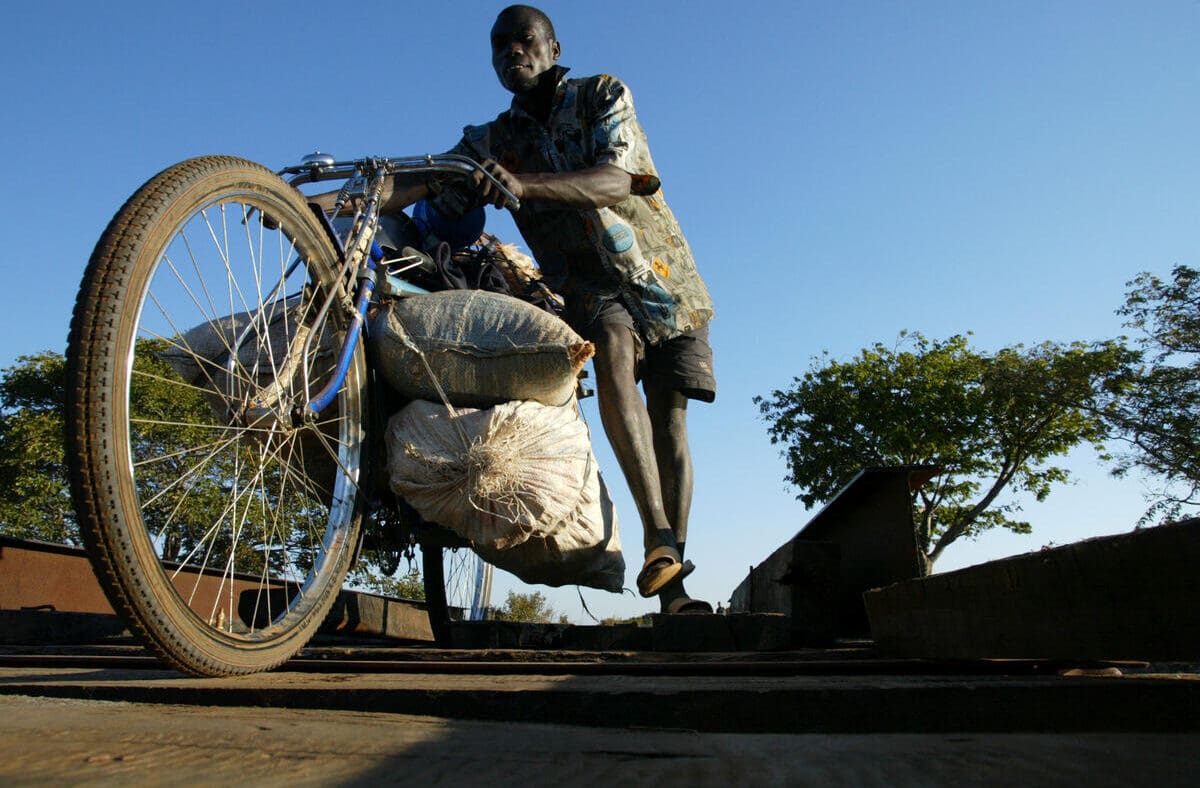
Angola
Resource Rich But Hungry
Angola is a resource-rich country that’s made significant progress since the end of the civil war in 2002. With a new reform-oriented government, Angola now has a window of opportunity to begin a period of more inclusive and sustainable growth.
As Angola hosts thousands of refugees and asylum seekers, the country is waging its own war against hunger: driven by poverty, poor sanitation and gender inequality.
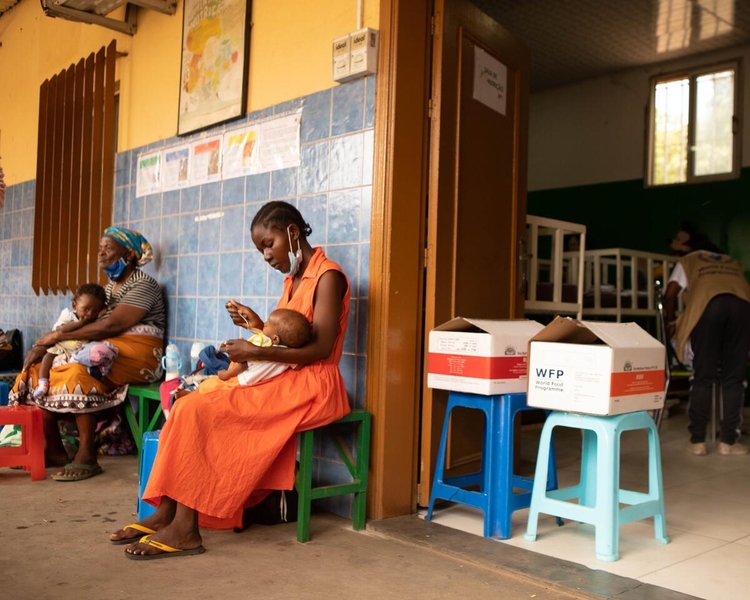
A STARVING host country
Apart from the humanitarian challenges the country faces as it hosts thousands refugees and asylum seekers, food insecurity and undernutrition also remain serious public health problems and are driven by a range of factors including poverty, limited dietary diversity, poor sanitation and hygiene conditions, and gender inequality. The food security situation has been further exacerbated by drought in the southern part of the country in 2019. Angola’s agricultural resources remain underutilized, and the country is exposed to various risks related to climate change.
In mid-2016, inter-community tensions and clashes among local militia escalated. Fighting between the armed forces and self-defense groups in the Kasai region of the Democratic Republic of the Congo (DRC) forced thousands of people to flee across the border into Angola’s Lunda Norte province. Following an official request for support from the government in May 2017, the United Nations World Food Programme (WFP) began providing food assistance to refugees in coordination with United Nations and other humanitarian partners.
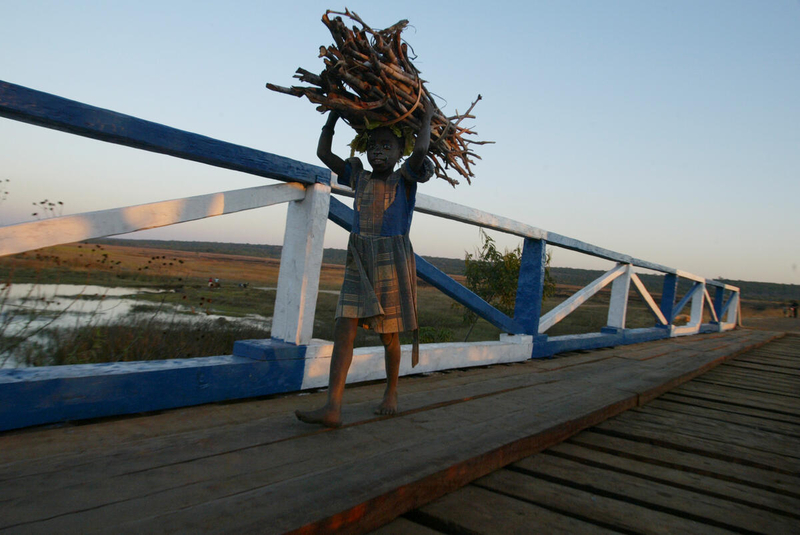
WFP’s Work in Angola
The U.N. World Food Programme is working with the government of Angola and a broad range of partners towards the achievement of Sustainable Development Goals 2 (Zero Hunger) and 17 (Partnerships for the Goals).
In 2020, WFP programming supported 6,698 refugees in Angola. 1,045 MT of food was distributed.
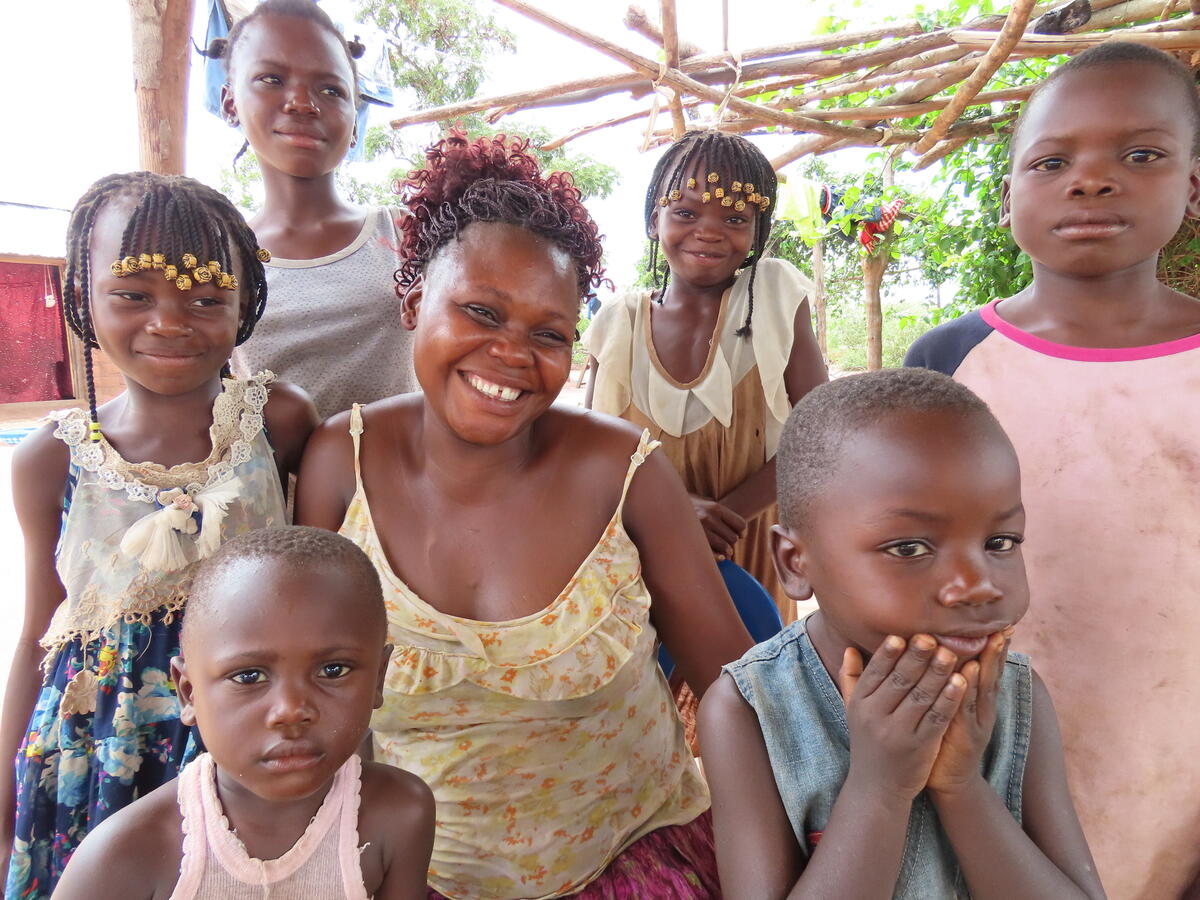
We’re working closely with partners, including the UN Refugee Agency (UNHCR) and World Vision International, to ensure that refugees from the DRC are able to meet their basic food and nutrition requirements, and to lay the foundation for more sustainable solutions.

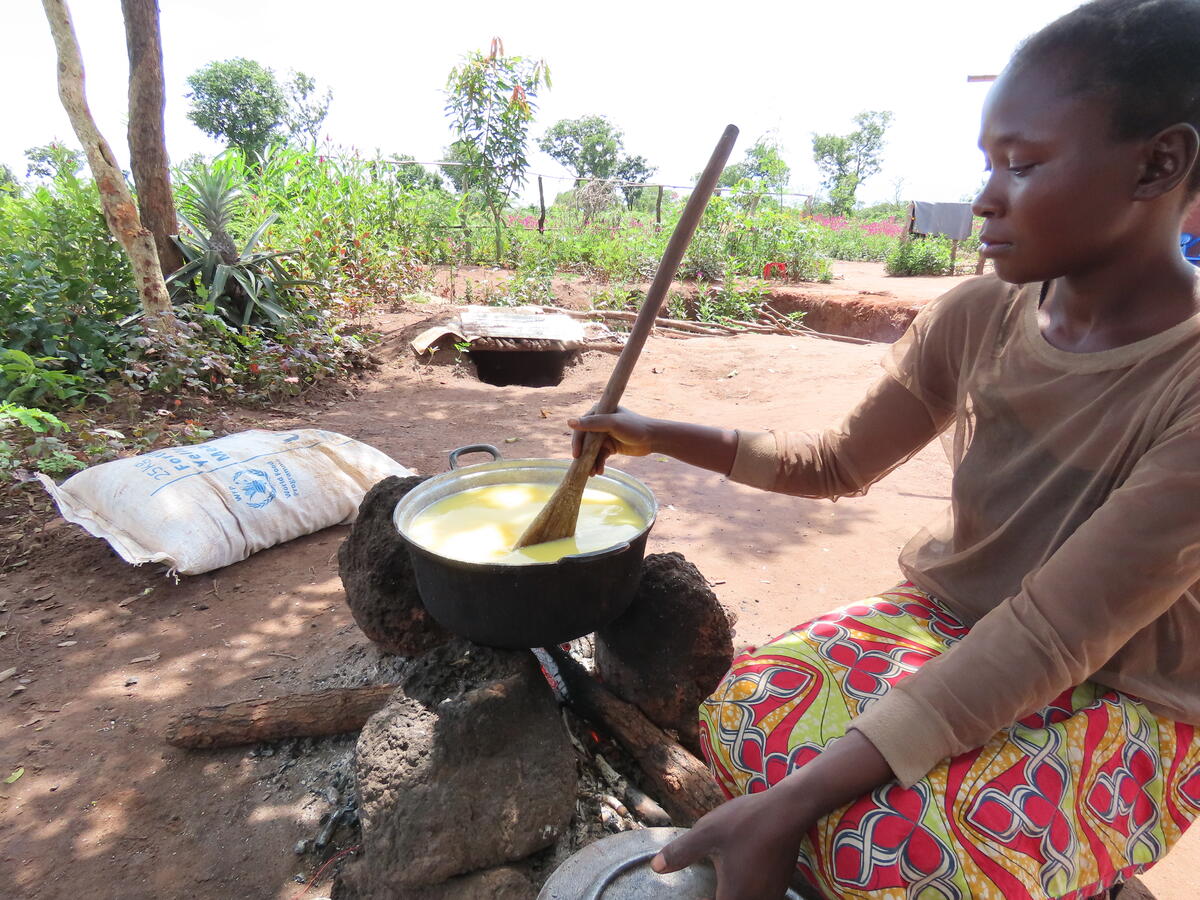
The U.N. World Food Programme works with government partners to reduce vitamin and mineral deficiencies among Angolans as well as prevent stunting among children under the age of 2 through food fortification and specialized nutritious foods.

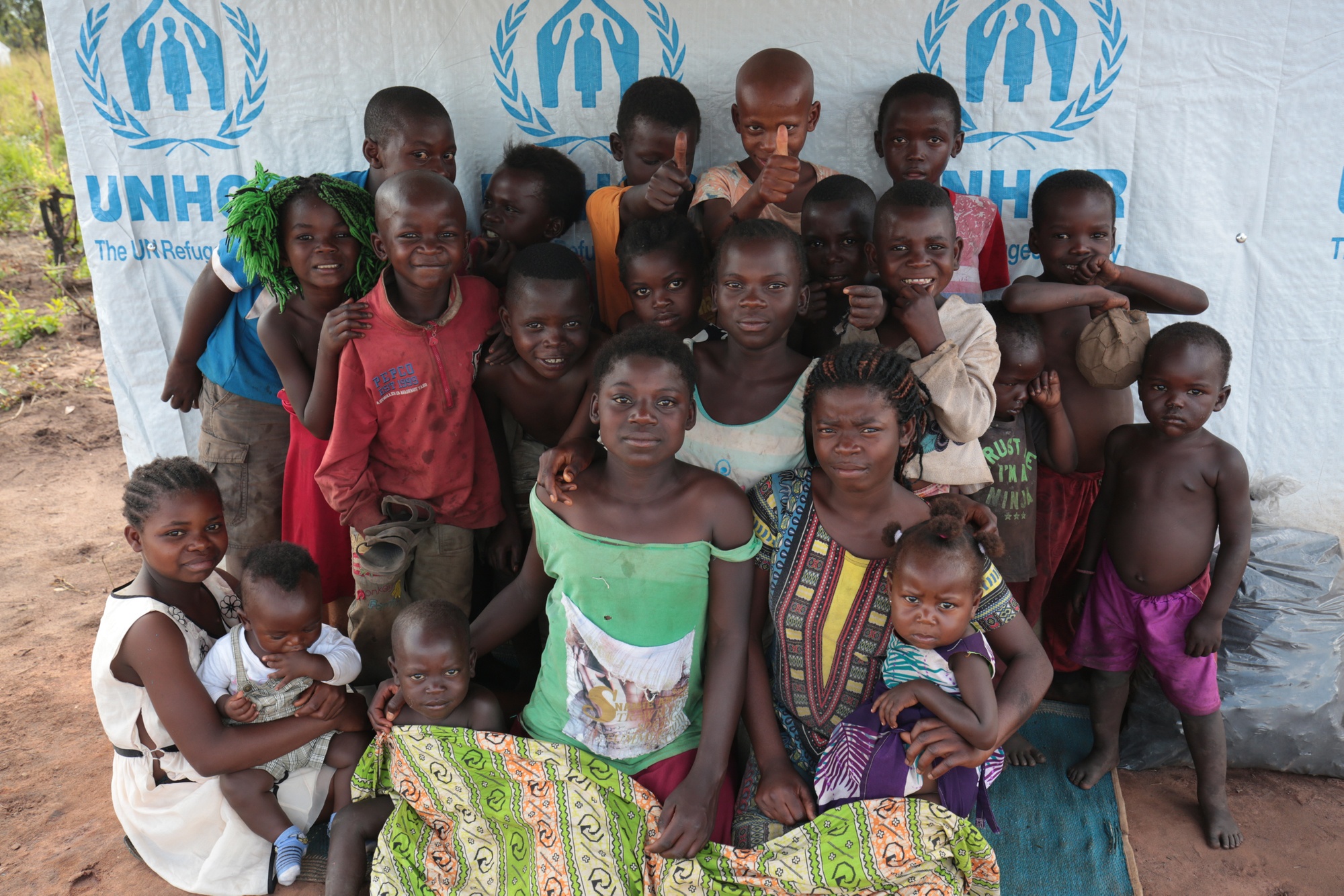
We’re working with the Ministry of Health, Ministry of Education, Ministry of Agriculture and local governments to create a school feeding plan for drought-affected provinces – based on locally produced and available foods.

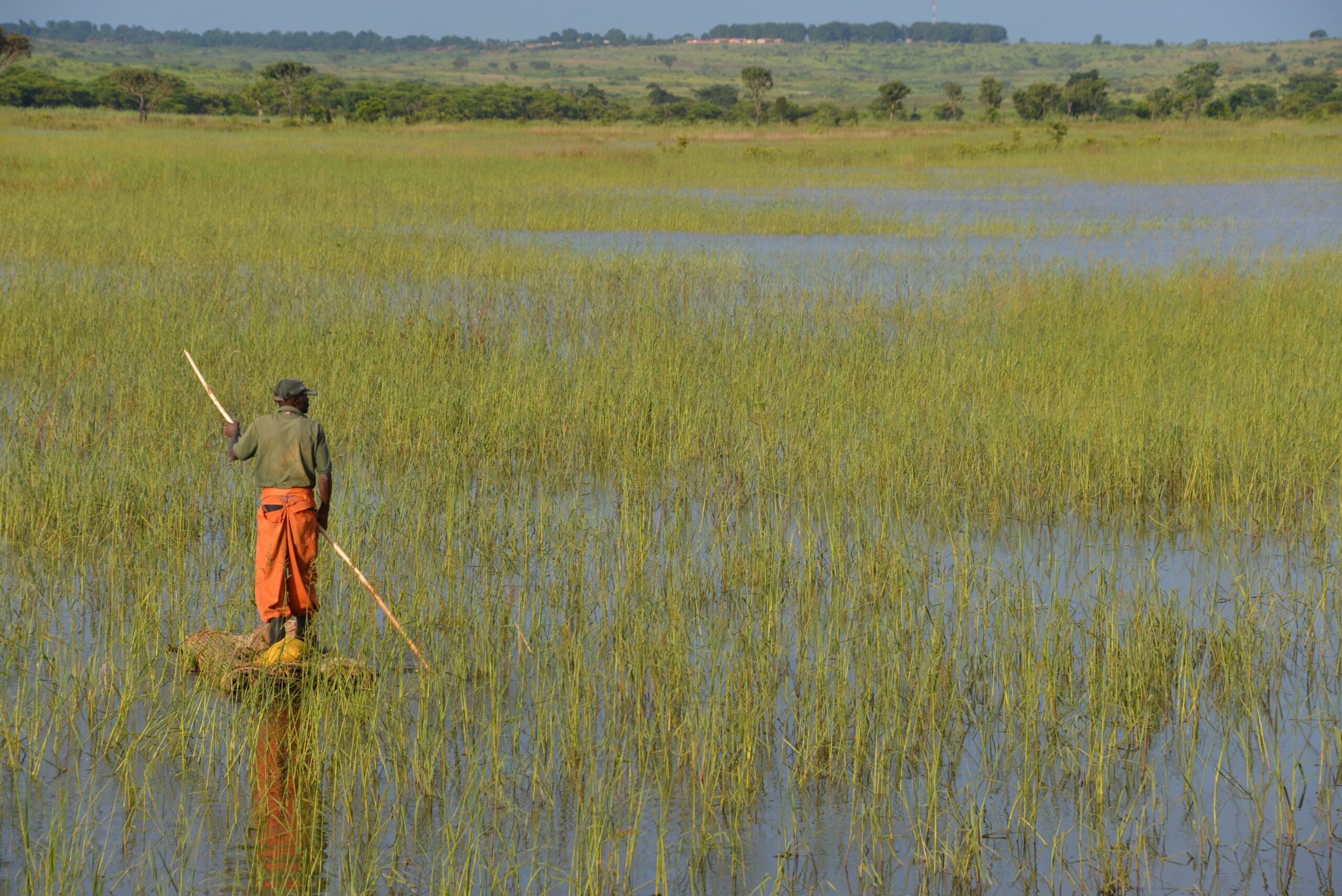
WFP experts assists the government in the gathering and analysis of food security data, as well as in the development of regular food security and nutrition reports. Assessments include reports on rainfall and vegetation cover levels as well as food-based coping strategies.

Help Save Lives by Sending Food
You help deliver food to vulnerable populations in Angola and other countries by donating to WFP.